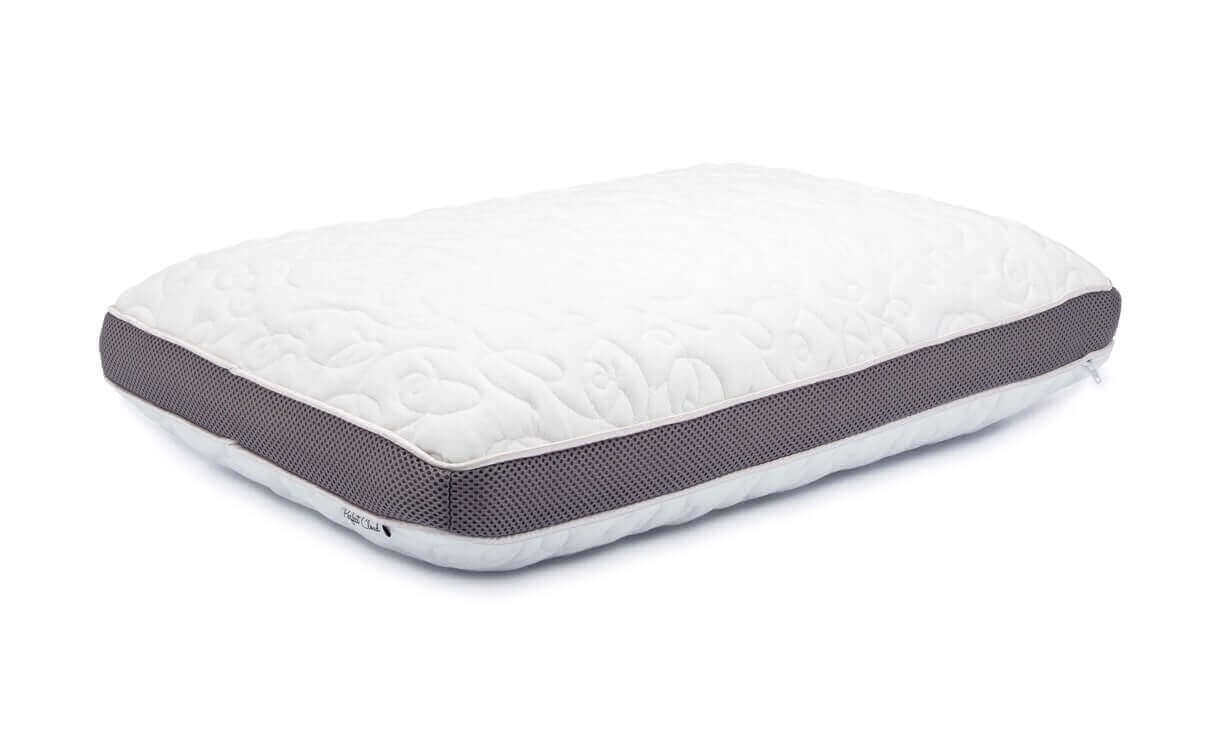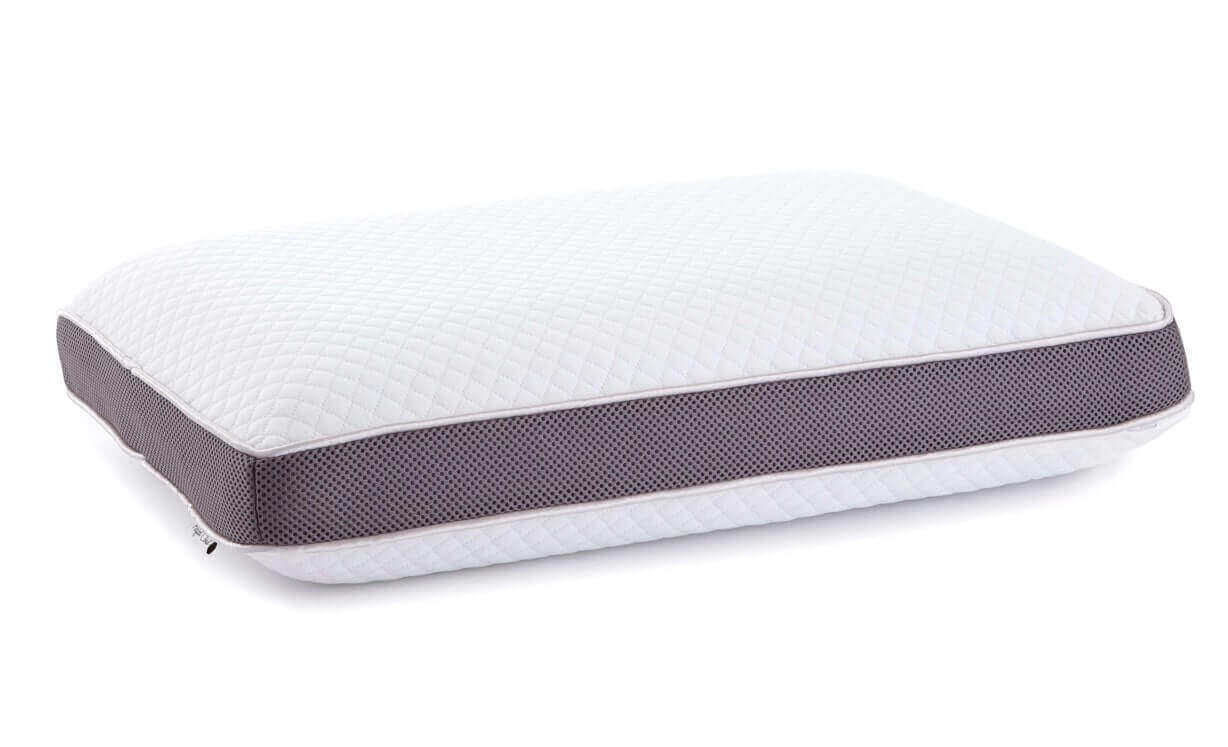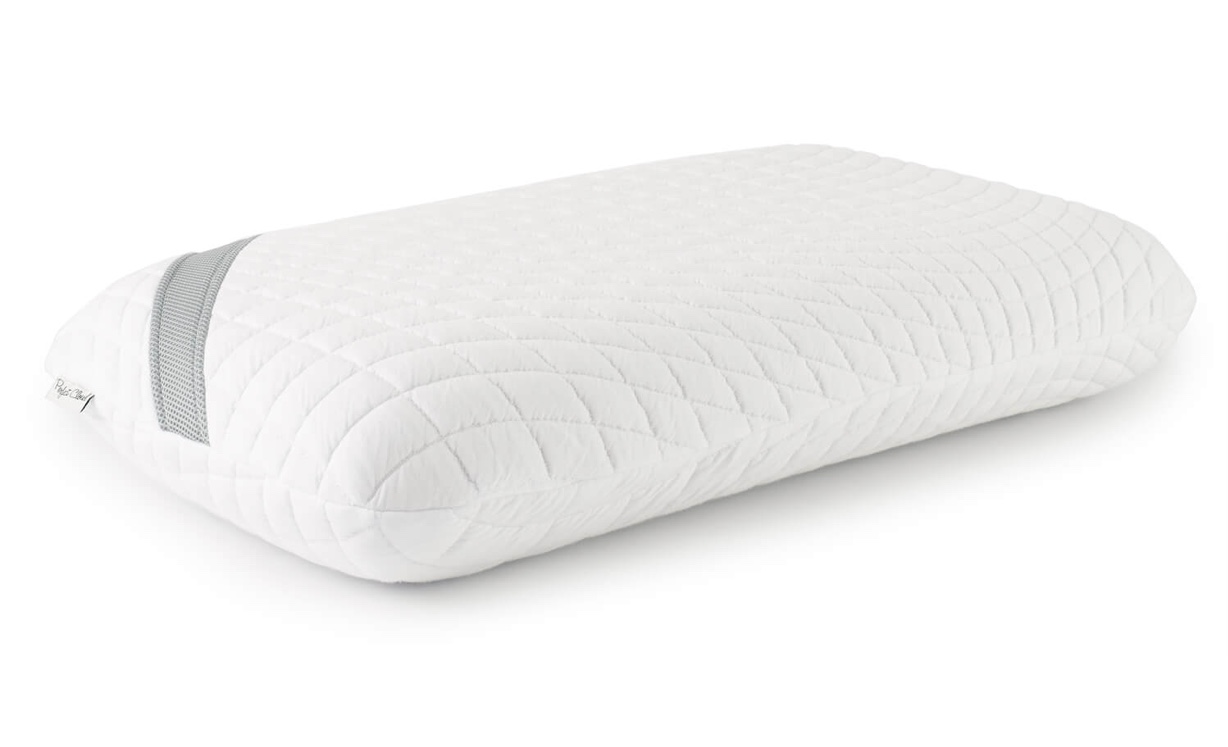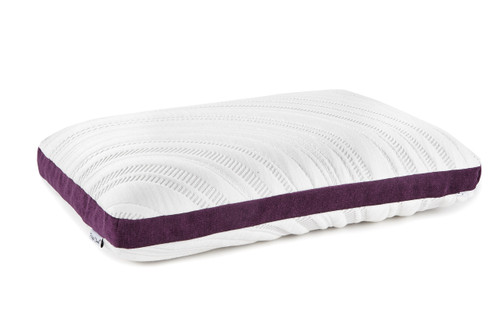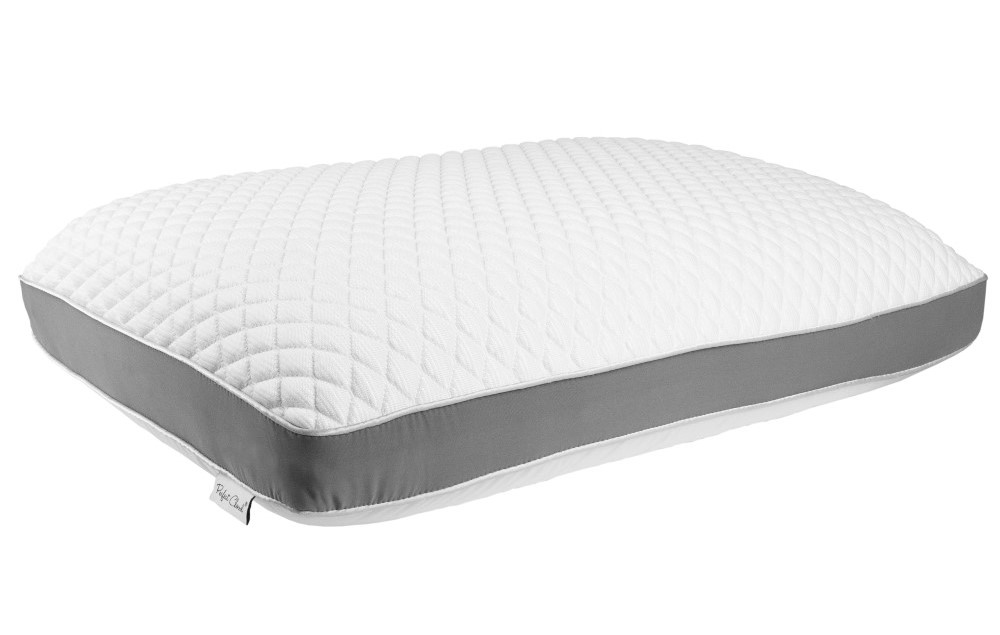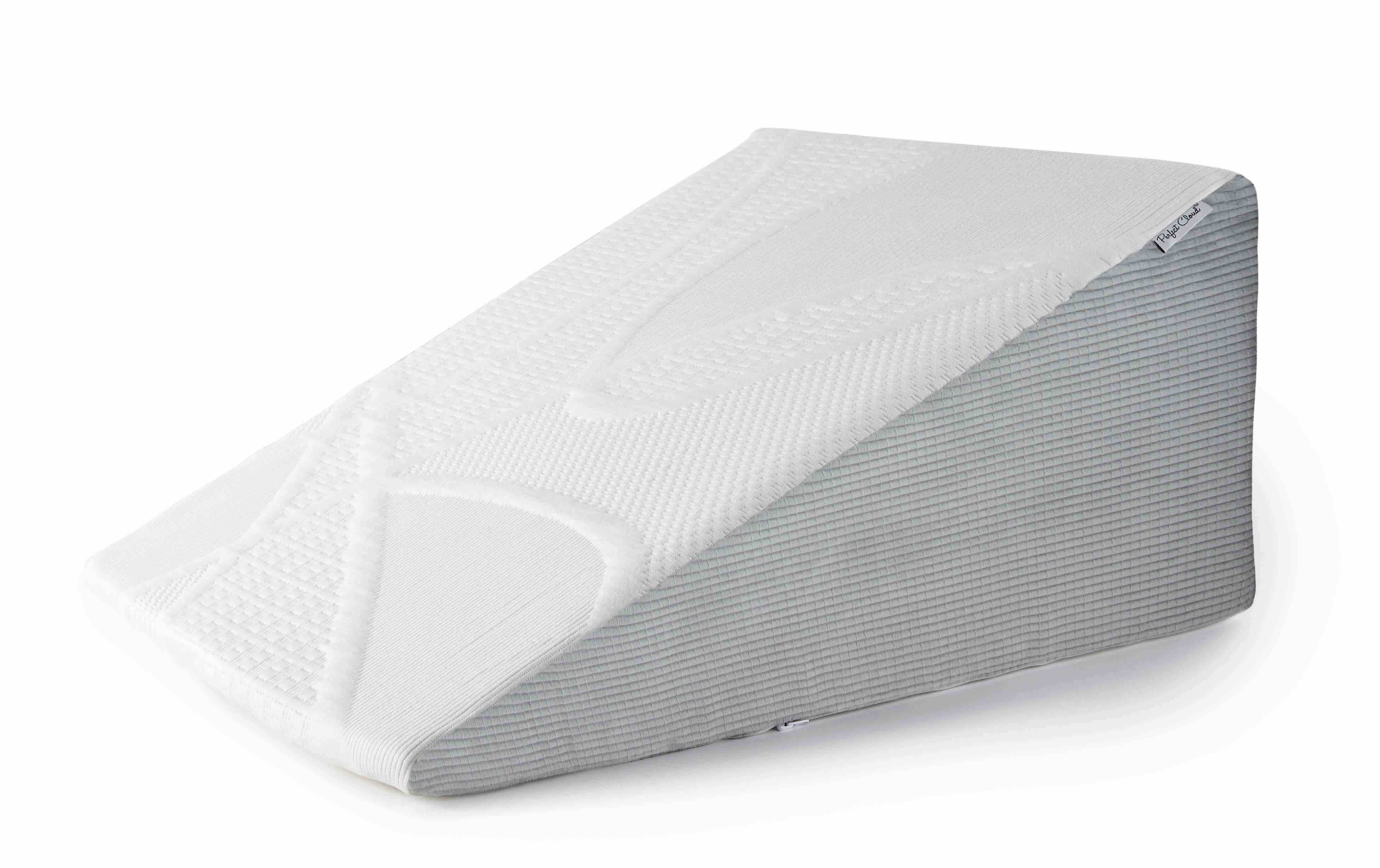How Much Sleep You Should Have Per Night
Posted by Stephanie on 16th Nov 2020
Got sleep? The answer to that question for many people is a resounding “no”. Getting enough sleep is often a challenge for a lot of people. Everything from work, kids, stress, diet, and body pain, is usually the culprit. However, old and uncomfortable pillows and mattresses are also often a contributing factor.
A lot of adults and children are not getting the rest that they need, and this lack of sleep takes a toll on functioning properly during the day.
Below is a CDC's recommended amount of sleep by age:
Newborn
0–3 months
14–17 hours (National Sleep Foundation)
Infant
4–12 months
12–16 hours per 24 hours (including naps)
Toddler
1–2 years
11–14 hours per 24 hours (including naps)
Preschool
3–5 years
10–13 hours per 24 hours (including naps)
School Age
6–12 years
9–12 hours per 24 hours
Teen
13–18 years
8–10 hours per 24 hours
Adult
18–60 years
7 or more hours per night
61–64 years
7–9 hours
65 years and older
7–8 hours
Are you productive, healthy, and happy on seven hours of sleep? Or have you noticed that you require more hours of sleep to get into high gear?Of course not everyone requires the exact same amount of sleep. Deciding how much sleep you need means considering your overall health, daily activities, and typical sleep patterns. Some questions that you help assess your individual sleep needs include:
- Do you have coexisting health issues? Are you at higher risk for any disease?
- Do you have a high level of daily energy expenditure? Do you frequently play sports or work in a labor-intensive job?
- Do your daily activities require alertness to do them safely? Do you drive every day and/or operate heavy machinery? Do you ever feel sleepy when doing these activities?
- Are you experiencing or do you have a history of sleeping problems?
- Do you depend on caffeine to get you through the day?
- When you have an open schedule, do you sleep more than you do on a typical workday?
If you answered “yes” to any of the above questions, you need to evaluate if you are truly getting enough sleep. Many people believe that you can train your body to need less sleep. There is a widely shared rumor that you can train your body to need fewer than 7–9 hours’ sleep. Sadly, this is a myth. According to experts, it is rare for anyone to need fewer than 6 hours’ sleep to function. Although some people might claim to feel fine with limited sleep, scientists think it is more likely that they are used to the negative effects of reduced sleep. People who sleep for 6 hours or fewer each night become accustomed to the effects of sleep deprivation, but this does not mean that their body needs any less sleep.
It is very possible that getting a little more shut-eye is the key to having a better and brighter day. Try swapping out your current bedding, and try going to bed a little earlier than you currently do. The combination of these two things may make all the difference in your life.

